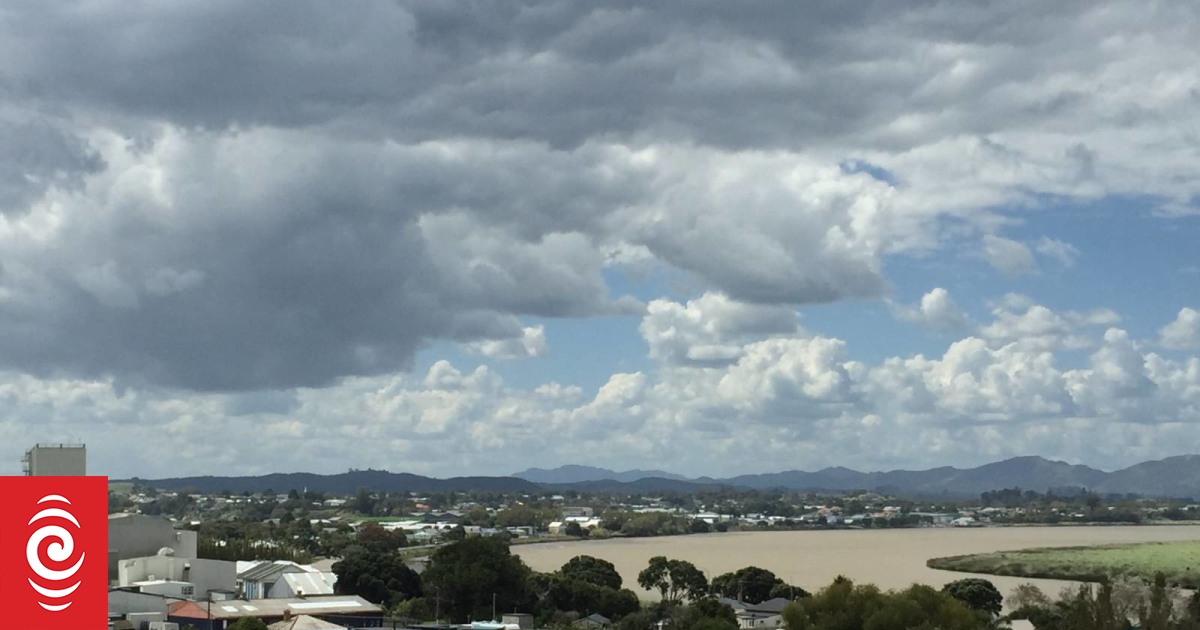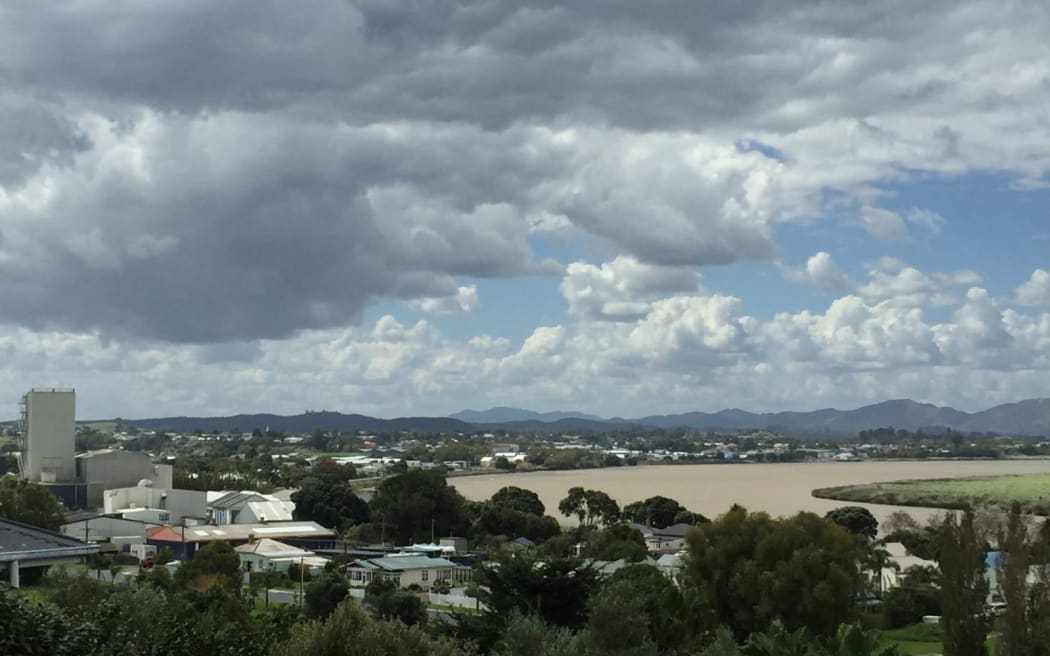
Riverside Kaipara town Dargaville is typical of district locations potentially affected by climate change amplified predicted sea level rise.
Photo: Susan Botting, Local Democracy Reporter Northland
A new Northland climate action group has slammed Kaipara District Council’s move to “plough on” with climate funding cuts.
This comes as Kaipara District Council (KDC) this month seals the deal to end its Ruawai climate adaptation pilot ‘pause’ and climate funding.
And the leftover more than $1 million or 70 percent of ratepayers’ money budgeted for this mahi over a decade will be diverted elsewhere.
Kaipara Climate Action spokesperson Aprilanne (SUBS correct) Bonar claimed the Kaipara District Council (KDC) had abused the democratic process after not including climate resilience funding in its 2024-2027 Long Term Plan budget.
In 2021 the council committed $1.5 million over 10 years to climate change work, largely focused on the Ruawai climate adaptation pilot.
However, in November 2023 it [ttps://www.rnz.co.nz/news/ldr/503719/climate-change-pilot-paused-in-northland-despite-community-s-pleas ‘paused’ the pilot].
Just under 30 percent ($425,000) of the $1.5m climate money had been spent.

Seven months later the council is now diverting the leftover money to general rates.
Kaipara Climate Action was set up in April in the wake of the council withdrawing its climate change mahi, including wiping the Ruawai pilot’s funding and support.
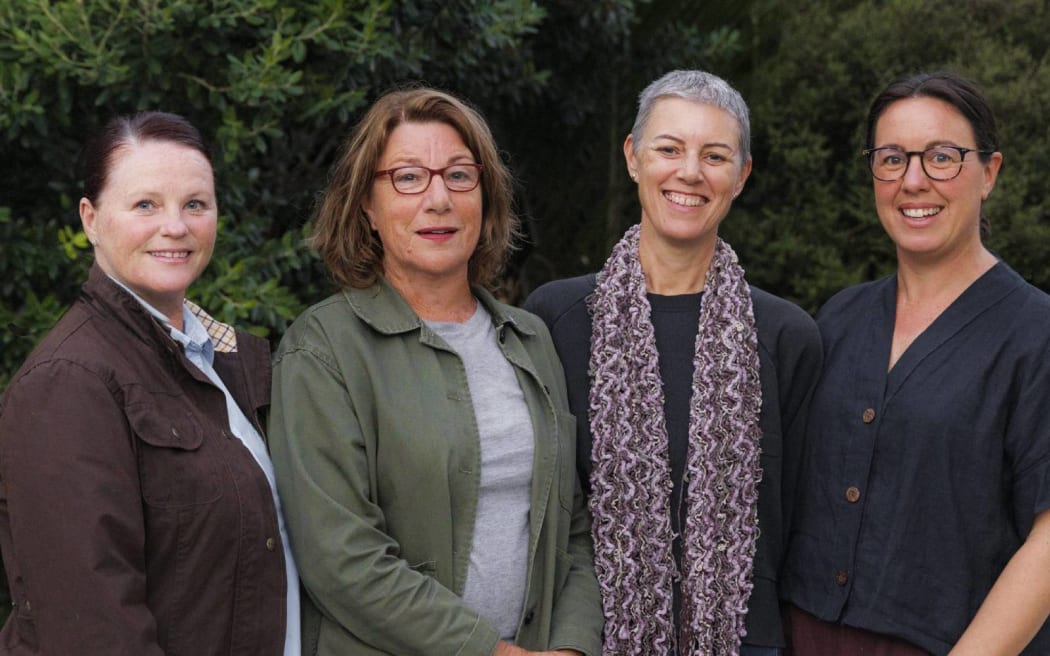
Kaipara Climate Action Group’s Aprilanne Bonar (left) with fellow members (from left) Helen Price (chair), Kate Price and Caren Davis.
Photo: LDR / Supplied
The pilot began in 2021 after being selected by Northland’s four councils as Te Tai Tokerau’s first climate adaptation pilot site. It aimed to inform similar future regional work and provide modelling for other councils nationally.
The ‘pause’ followed the council cancelling plans to develop a council climate policy and council emissions accounting in September.
“With a strong community mandate for a dedicated climate programme and its minimal cost to ratepayers, the council’s choice to ignore this support and proceed with halting its funding and action is unacceptable,” Kaiwaka’s Bonar said.
“We are deeply dismayed by KDC’s decision to reject the option of a dedicated budget for climate adaptation and resilience – and with that the Ruawai adaptive pathways pilot project,” Bonar said of the council’s LTP decisions.
Jepson said he disagreed the council had abused the democratic process.
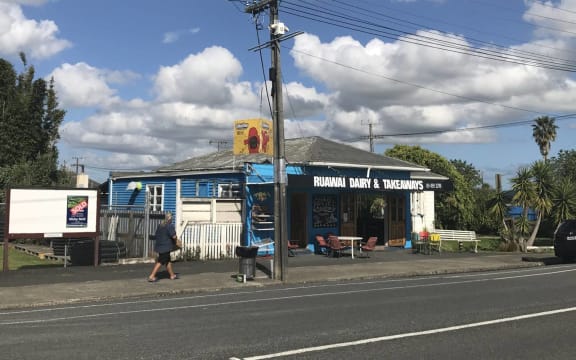
The 1000 square kilometre Kaipara Harbour is an essential ongoing feature of Ruawai life with the impacts of various sea level increases mapped by Northland’s regional council.
Photo: Susan Botting, Local Democracy Reporter Northland
He said his council had followed the democratic process in considering LTP submissions, including about climate change funding.
“I don’t think our council has negated its responsibility to be democratic. We very closely considered everything to keep our rates as low as possible,” Jepson said.
Councillors had to weigh up many competing demands against the background of a pared-back three-year cyclone recovery LTP budget.
“We’re doing absolutely everything we could to reduce costs to our ratepayers.
“Submissions were well considered by councillors. We were sympathetic to submissions covering a range of topics and points of view,” Jepson said of KDC’s deliberations earlier this month.
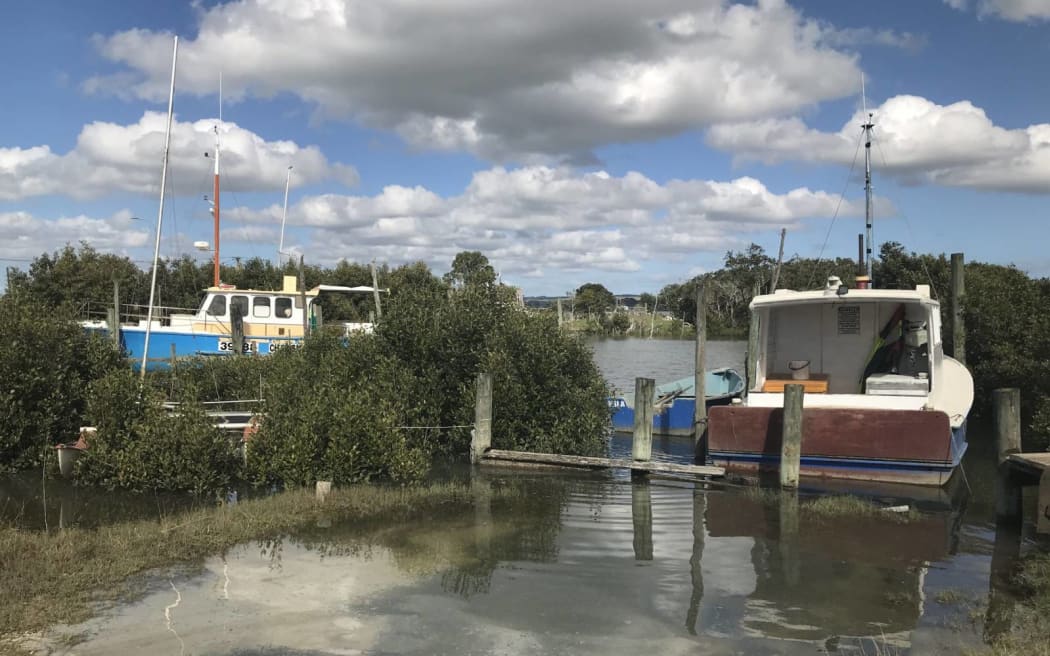
The 1000 square kilometre Kaipara Harbour is an essential ongoing feature of Ruawai life with the impacts of various sea level increases mapped by Northland’s regional council.
Photo: Susan Botting, Local Democracy Reporter Northland
A council meeting staff report warned at that time KDC effectively canned its Ruawai pilot that doing so without public consultation or amending its long-term plan was a legal risk.
KDC’s climate change specialist resigned as a result of the ‘pause’
“Right now no other local government process for managing risk to climate in Northland factors in uncertainty the way that adaptive pathways does,” Bonar said.
“Kaipara deserves leadership that listens to its community and takes decisive action to safeguard our future.”
KDC’s 2024-2027 LTP public consultation attracted a record 742 submissions, three times more than for the previous its preceding 2021-2031 LTP update.
Bonar said climate concerns were mentioned more than 1000 times through these 2024 submissions.
Seventy percent of those who completed the consultation’s climate funding feedback wanted rates money going towards this work.
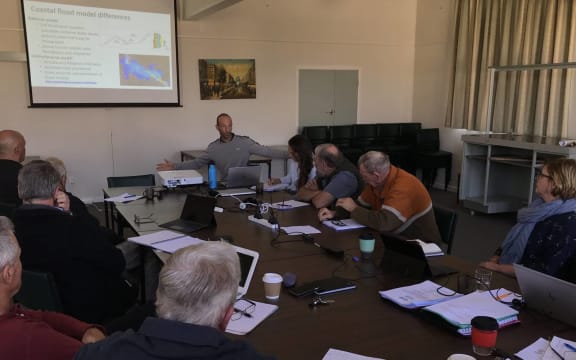
The beginnings of community climate change adaptation discussions with then new NRC flood hazard mapping presented to the public for the first time at a Raupo drainage committee meeting in Ruawai in 2021.
Photo: Susan Botting, Local Democracy Reporter Northland
“We are appalled by the council’s decision not to allocate dedicated funding for climate action, adaptation or mitigation in the Long Term Plan,” she said.
Public consultation on the LTP asked the Kaipara community for its view on three options for the council’s climate resilience and adaption work: no climate resilience work programme or budget; $500,000 over three years for planning for climate adaptation; or $700,000 for climate adaptation and mitigation planning.
In 2021, the council committed $1.5 million over 10 years to a climate change work.
This focused on the Ruawai adaptive pathways project, developing a climate smart policy for the council and climate action.
At the time of stopping the funding in November, Jepson said he would rather direct the leftover money towards practical options such as the Ruawai drainage scheme.
However, Jepson said the seriousness of the economic challenges facing residents meant the leftover money was instead going towards keeping general rates as low as possible.
Jepson said the council still had a range of projects underway that contributed to weather resilience.
He said climate adaptation and resilience work in Kaipara was still being done by Northland Regional Council.
The government was also contributing with its recent $13m towards upgrading the Northern Wairoa River stopbanks between Te Kopuru and Dargaville.
LDR is local body journalism co-funded by RNZ and NZ On Air.

